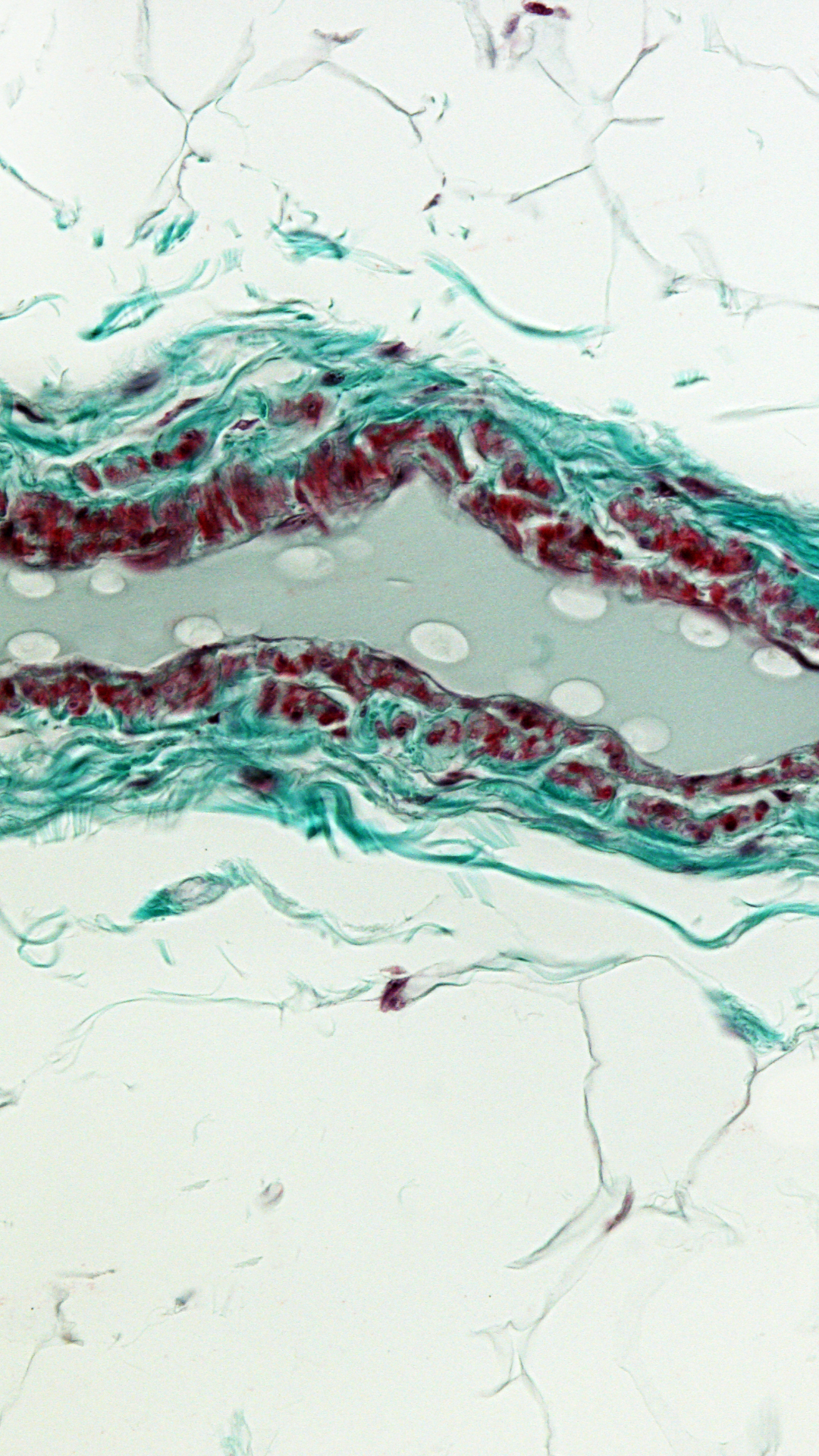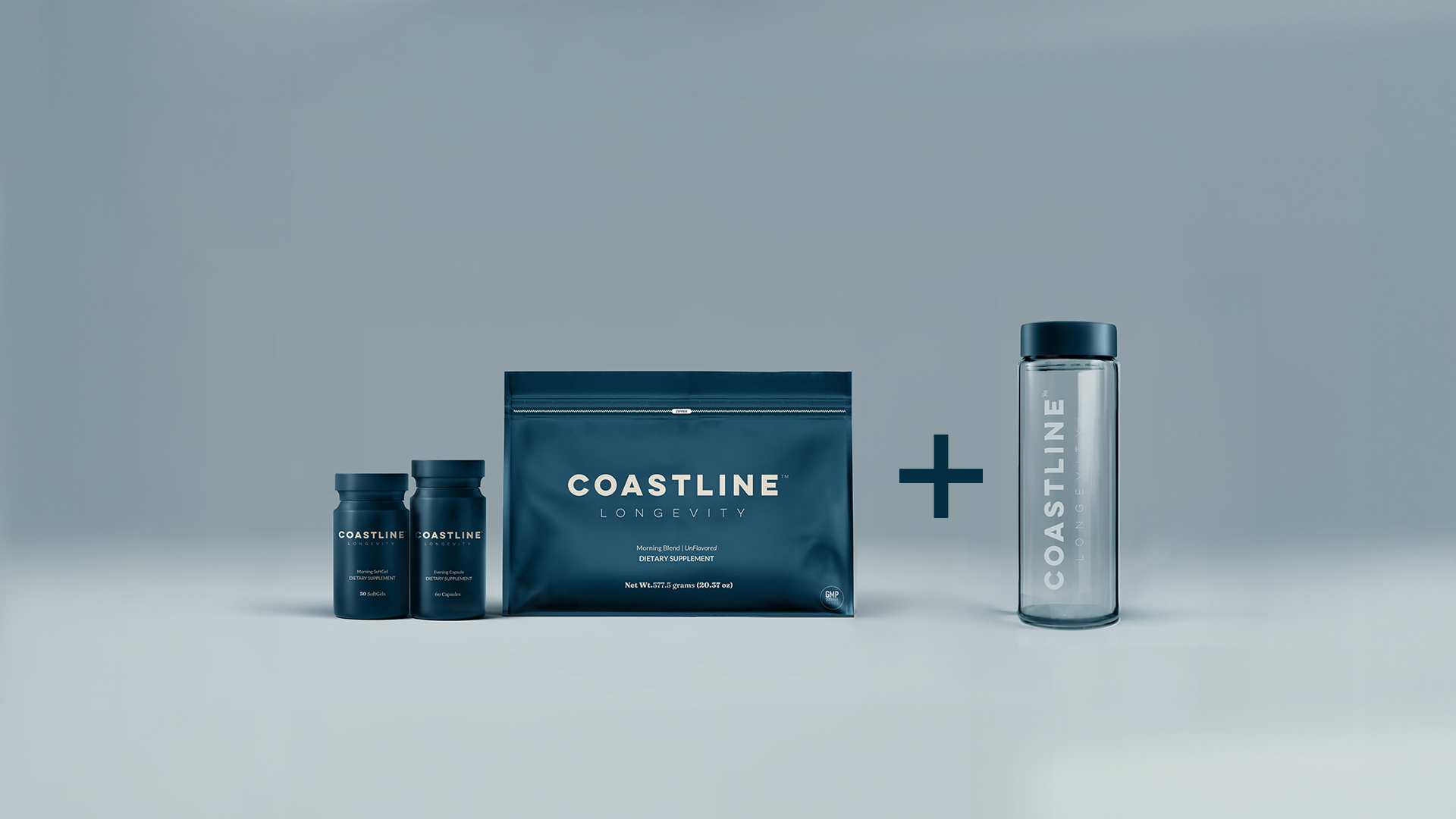
Summary
Taurine
What is taurine in more detail?
Taurine is conditionally essential amino acid, meaning that while your body can synthesise taurine from its precursors, cysteine and methionine, there are times when your body can’t make enough to meet its needs. Taurine’s a non-protein, sulfur-containing amino acid, meaning it isn’t involved in making new proteins. Instead, taurine is the most abundant amino acid within your cells, and it is present in particularly high concentrations in electrically excitable tissues such as the brain, heart, retina, and skeletal muscle.
Taurine is more concentrated in tissues that depend heavily on burning fat (i.e., oxidative tissues) rather than carbohydrate (i.e., glycolytic tissues) for energy. If you eat meat, you therefore get more taurine from dark meat (e.g., chicken thigh) than pale meat (e.g., chicken breast).
Effects of taurine on lifespan and healthspan
There is compelling evidence from studies of non-human animals that taurine can extend lifespan and healthspan. The most rigorous of these studies reported several fascinating findings. First, when the diets of mice were supplemented with taurine beginning about halfway through their lives, the mice lived 10 to 12% longer, on average, with slightly bigger effects in females than males. A follow-up experiment showed that taurine also extended the lifespan of worms by 10 to 23%, depending on dose, suggesting its longevity benefits are conserved across some species.
The scientists looked under the hood to assess what might be causing the mouse lifespan extension. They found positive effects on almost all of the recognised hallmarks of aging, such as epigenetic alterations, chronic inflammation, mitochondrial dysfunction, and accumulation of senescent cells. This implies that taurine directly targets the biology of aging.
Taurine extended proxies of healthspan in mice too, for example leading to lower fat mass, better blood sugar control, stronger bones, improved muscle endurance, and reduced anxiety-like behaviors. To test for effects on healthspan in one of our fellow primates, the scientists supplemented 15-year-old rhesus macaques (roughly equivalent to 45 to 50 years old in humans) with taurine each morning for 6 months. Taurine tended to lower fat, increase bone density, improve blood sugar control, and bolster immune function.
Importantly, the low end of the doses used in the experiments on mice and monkeys matches the one in Coastline, and is a dose already proven to be safe in clinical trials.
Finally, it’s worth noting that, in people, higher levels of taurine and its metabolites are associated with lower weight, a smaller waist, a lower prevalence of diabetes, and lower systemic inflammation.
Positive effects of taurine on human health and performance
Taurine is one of the better studied nutraceuticals, and many rigorous placebo-controlled clinical trials have shown its benefits. Here are some highlights.
Taurine keeps inflammation under control
Looking across studies, taurine supplementation tends to reduce some markers of chronic inflammation (e.g., C-reactive protein) and oxidative damage to lipids (e.g., malondialdehyde). Taurine probably affects immune function in many ways, for example by helping to stabilize levels of antioxidants within cells, such as glutathione and superoxide dismutase.
Taurine improves cardiovascular health, blood lipids, and blood sugar control
How taurine affects cardiovascular health has been particularly well studied. A range of doses (1 to 6 g per day) have consistently been found to reduce both systolic and diastolic blood pressure. Taurine exerts this benefit by improving the relaxation of the cells that line blood vessels, for taurine seems to increase blood levels of hydrogen sulfide, a chemical that helps blood vessels dilate. Taurine might protect these vessels against oxidative stress too.
A group of scientists built on this by compiling data from 20 studies of taurine’s actions in the cardiovascular system. Their results back up taurine’s blood pressure-lowering properties. However, they also found that taurine increased the amount of blood pumped each beat by the heart’s left ventricle, which bears the burden of supplying most of your body’s organs with freshly oxygenated blood. Taurine is involved in how heart muscle handles calcium during contractions, which can go awry in heart disease. Perhaps related to taurine’s influence on blood pumped each heartbeat, taurine intake reduced heart rate too. These positive cardiovascular changes likely contributed to why people reported fewer physical activity limitations after taurine. Interestingly, the effects on blood pressure, heart rate, and activity limitations seemed to be somewhat dose dependent, with higher doses yielding greater benefits, on average.
Blood pressure is a component of the metabolic syndrome, a collection of five risk factors that dispose people to several chronic diseases, including diabetes. The other risk factors are obesity in the abdominal area (“central” obesity), low HDL cholesterol, and high fasting blood sugar levels. The same team of scientists mentioned above assessed the totality of the research on effects of taurine supplementation on these risk factors, including studies with doses from 0.5 to 6 g per day. Sure enough, they again found reductions in blood pressure. They also found taurine reduces triglycerides, total and LDL cholesterol. While we don’t know precisely how this happens, taurine seems to stimulate bile acid production, increasing triglyceride clearance, and it might affect LDL receptors in ways that enhance LDL cholesterol clearance.
In addition, the analysis showed that taurine lowers fasting insulin, a proxy of resistance to insulin named “homeostatic model assessment for insulin resistance”, fasting blood sugar, and tends to decrease in a marker of average blood sugar in the last 115 days or so (HbA1c). Interestingly, the effects of taurine on fasting blood sugar were again dose dependent, with higher doses yielding bigger benefits. Taurine’s positive effects on blood sugar surely reflect several actions, which might include reduced liver glucose production, changes in the function of cells that make insulin, and increased levels of adiponectin, a hormone that can boost sensitivity to insulin. This is all relevant to the biology of aging. For example, there is research on people with diabetes showing that taurine’s blood sugar-lowering effect can reduce formation of advanced glycation end products (AGEs), proteins distorted in their structure and function as a result of glucose sticking to them. This is a form of loss of proteostasis, one of the hallmarks of aging.
Taurine can enhance exercise performance
Supplementation increases how long people can exercise at a fixed pace until exhaustion in both untrained healthy people and older adults with heart failure. Of all supplements, taurine is particularly helpful for endurance performance in the heat. Taurine seems to enhance endurance performance through several mechanisms, for example improving mitochondrial function, increasing the use of fat for fuel, and reducing dependence on muscle glycogen. In the heat, taurine mitigates rising core temperature, probably in large part by increasing activation of sweat glands and hence increasing whole-body sweat rates. There is also preliminary evidence that taurine can acutely boost performance in high-power exercise, as shown by a study of female rugby players that found that consuming 4 or 6 g taurine 1 h before a maximal effort 30-s cycling sprint increased average and peak power output.
Our use of taurine
Regarding dose, the scaled-up low end of the doses used in the experiments on mice and monkeys matches the one in Coastline. This is a dose already proven to be safe in clinical trials.
Regarding timing, we include taurine in the morning step of Coastline. This is in part because some of the studies showing taurine enhances exercise performance have people take taurine before exercise. Furthermore, the study showing that taurine extended healthspan in a fellow daytime-active primate (rhesus macaques) had the monkeys consume taurine at 10:00 am.
Regarding form, clinical trials and lifespan experiments use regular taurine powder, a white, relatively water-soluble, bland-tasting substance. This is what we use too.
Taurine typical dietary intakes and safety
Shellfish such as clams, mussels, oysters, and scallops are among the richest dietary sources of taurine. Omnivores therefore tend to have higher dietary taurine intakes than vegans, and average daily intakes range from roughly 40 to 400 mg per day for most people.
Taurine is very safe. Human clinical trials have used doses up to 10 g per day for 6 months, more than triple the dose in Coastline, and serious adverse effects during supplementation have not been reported.

Order Your Coastline Welcome Pack Today
13 foundational ingredients. 1 simple system. $165 value for only $120 including FREE glass shaker.


